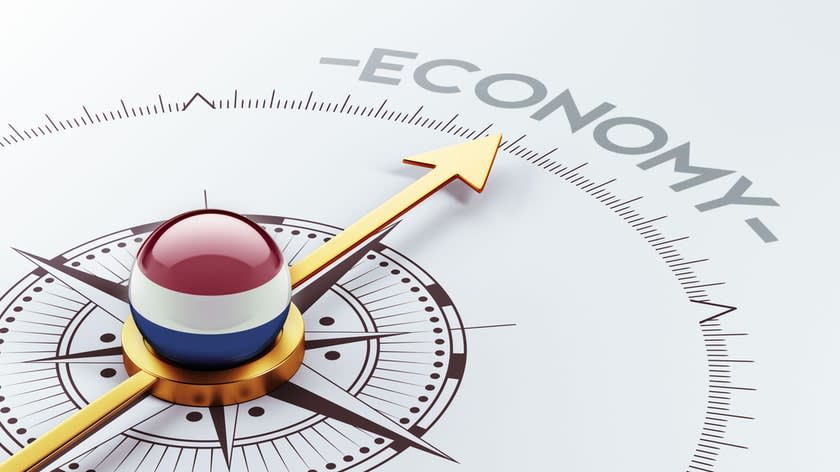The Netherlands: Resilient consumers drive Q4 GDP growth

Q4 GDP growth mainly driven by consumption, investments and the trade balance. Still, we anticipate the economy to slow down in the coming quarters
This morning, Q4 GDP data for the Netherlands was published. GDP grew by 0.6% qoq in Q4, following a 0.2% contraction in Q3. Growth was higher than the eurozone average of 0.1% qoq in Q4. Despite high inflation and declines in consumer confidence, private consumption proved resilient, expanding by 0.9% qoq. As we mentioned earlier, private consumption was remarkably sturdy in the final months of last year, particularly consumption of services (see here). Consumption in the Netherlands is supported across all income groups by an exceptionally tight labour market, pent-up pandemic savings and government support against loss of purchasing power. As a result, consumption in the Netherlands proves more resilient than in most other eurozone countries.
Net exports contributed positively to growth in Q4, with exports of goods and services growing by 2.4% qoq, following 1.1% in Q3. As private consumption in the eurozone, and thus demand for Dutch exports, probably contracted in Q4 and is expected to continue to decline in the coming quarters, we do not expect the strength in Dutch export to last in 2023. We also expect private investment in the Netherlands to slow down, after it expanded by 0.5% qoq in Q4. Financial conditions have tightened and demand for credit has slowed down, which suggests that private fixed investment has slowed down. Indeed, our own calculations indicate that fixed investment growth in Q4 was driven by government. The outlook for private investments remains weak.

We expect growth to be lacklustre in the coming quarters as inflation remains elevated and the lagged impact of monetary policy tightening will increasingly be felt during the course of this year. However, the Dutch economy’s bright spots which have driven the surprisingly robust growth figure for Q4, should continue to cushion the slowdown in 2023. Indeed, we expect the Dutch economy to outperform the eurozone throughout the year. (Jan-Paul van de Kerke, Aggie van Huisseling)

